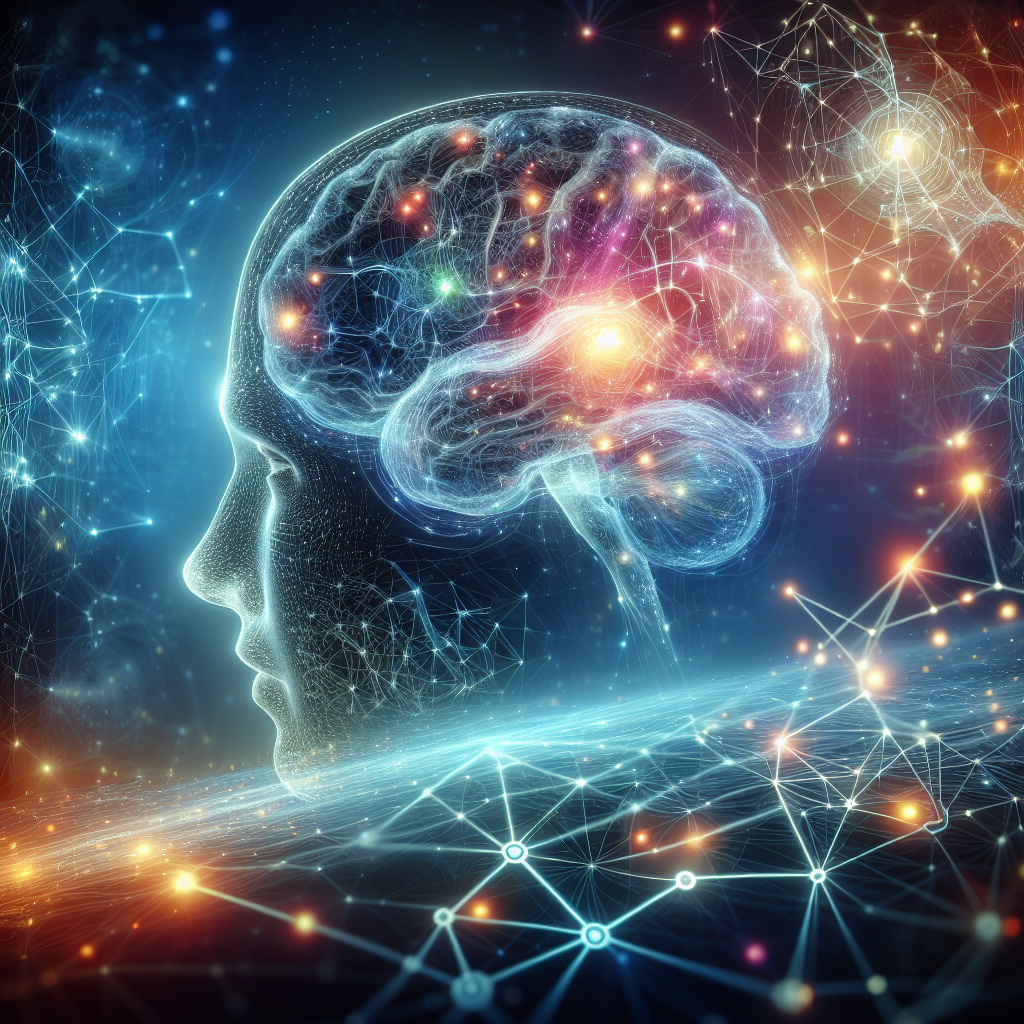The Debate on AGI and Memorization in AI
Introduction
In a recent discourse on the evolution of artificial intelligence, a fascinating discussion emerged surrounding the capabilities and limitations of AI models, particularly Large Language Models (LLMs). The central theme revolved around whether the achievements of these models could genuinely be attributed to intelligence or merely to advanced forms of memorization. This analysis delves into various perspectives to understand the broader implications for artificial general intelligence (AGI) and the future of human labor.
The AR Challenge: A Benchmark for AGI?
The Advanced Reasoning Challenge (ARC) was designed as a robust benchmark to evaluate the generalization abilities of AI. The intent was to create a set of tasks that could not easily be memorized and would instead require genuine problem-solving skills. This benchmark has served as a litmus test for distinguishing between true intelligence and sophisticated pattern recognition.
The central argument suggests that if an LLM or multimodal model could achieve an 80% success rate on ARC tasks, it might qualify as demonstrating AGI. However, achieving this milestone authentically—not through data overfitting or pre-emptive training on similar tasks—remains the crux of the challenge. The nature of ARC, with its ever-changing and unpredictable types of intelligence tests, makes it a formidable barrier against rote learning and memorization.
URL:
https://www.youtube.com/watch?v=wZ0ToxtXz5g
Memorization vs. Genuine Understanding
A critical point raised was the distinction between memorization and learning, particularly in the context of human cognition compared to AI. When a human learns algebra, they internalize methods and principles, enabling them to solve a variety of problems within that domain. On the other hand, LLMs, by their design, depend extensively on memorization. They are trained on vast datasets and are capable of recalling patterns and solutions through sheer computational power.
This dependence on memorization poses a significant question: If AI can replicate nearly every task through advanced memorization techniques, does it truly exhibit intelligence? The discussion illustrated that intelligence could instead be perceived as the ability to navigate unknowns and adapt to new situations—a domain where humans currently outperform machines.
Pathfinding and Intelligence
The metaphor of intelligence as a pathfinding algorithm in future situation space provides a compelling framework for understanding both human and artificial intelligence. Imagine a real-time strategy (RTS) game where the player must navigate a map with partial information. Past experiences inform current decisions, but the future remains uncertain and dynamically changing.
In this scenario, if one had complete information about the map, solving the pathfinding problem would boil down to memorizing all possible routes from point A to point B. Thus, in a static environment with comprehensive data, intelligence could theoretically be replaced by brute force memorization. However, in the real world, the unpredictability and constant evolution of situations require genuine intelligence to chart optimal paths—a capability AI has yet to fully master.
The Role of Parameterization
A pivotal argument emerges around the parameterization of AI models. Human brains, with their complex networks and vast number of synapses, vastly outmatch current AI models in terms of computational and learning capabilities. Thus, even state-of-the-art LLMs remain underparameterized compared to human cognition.
This underparameterization means that, while LLMs can excel in specific tasks through extensive data training, they struggle with tasks that require deep understanding and novel problem-solving skills. For instance, creating new mathematical theorems—a feat only a few exceptional humans achieve—is beyond the reach of current AI models.
Implications for the Future of Work
The discussion naturally extends to the broader implications of AI and memorization on the future of work. If models can memorize and replicate the tasks that remote workers perform, the economic landscape would shift dramatically. The potential for AI to displace vast segments of the workforce raises ethical and practical concerns.
However, the reliance on memorization also suggests that AI might remain limited to static or semi-static tasks. Dynamic, creative, and novel problem-solving tasks would still require human ingenuity. Thus, while AI can augment human capabilities, it is unlikely to wholly replace the nuanced understanding and adaptability that characterize human intelligence.
Conclusion
The debate on AGI and memorization in AI underscores the complexity of defining and achieving true intelligence. While AI models have made significant strides, their achievements often hinge on memorization rather than genuine understanding. The ongoing development of benchmarks like ARC and the continuous evaluation of AI’s capabilities will be crucial in discerning the future trajectory of artificial intelligence and its role in society.
For further reading on the challenges and potential of artificial intelligence, consider exploring resources from the AI Alignment Forum and OpenAI.
Through these discussions, one thing becomes clear: The journey to AGI is not just a technological challenge but also a philosophical and ethical inquiry into what it means to be intelligent.
Related News
- The Challenge of True General Intelligence in AI
- Understanding the Difference: General Intelligence vs. Skill in AI
- Navigating the Nuances of AGI: Beyond Chess, Go, and IMO Golds
- Navigating the Maze: The Future of Artificial General Intelligence
- Unraveling the AGI Paradox: Navigating the Continuous Landscape of Intelligence
